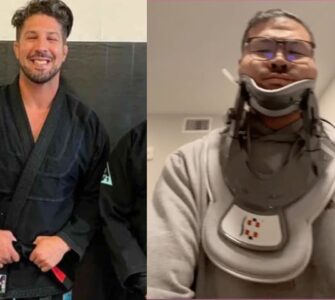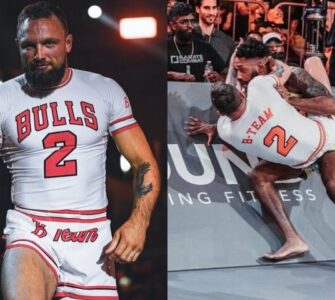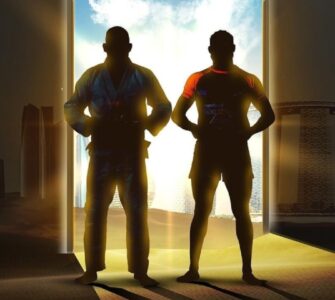If BJJ athletes are looking for legal ways to boost performance then they should consider caffeine as an option. Caffeine is a performance enhancer that can help BJJ athletes to go longer and faster, and isn’t a banned substance. Caffeine has been used in sports for many years so it’s nothing new or controversialHow can you consume it:How do you consume caffeine if you don’t like coffee? You can take caffeine in many forms, the easiest one being in a tablet. You can also consume tea as well as energy drinks or colas or by eating dark chocolate or cacao.How does it work:
Caffeine is absorbed into the blood stream quickly and its effect peaks in about an hour’s time after consumption. It relaxes the muscles and stimulates the nerves. It is also known to decrease fatigue by affecting the sensory signals from and to the brain.
Caffeine works by turning fat into extra fuel, releasing calcium stored in muscles, and numbing the brain’s sense of exhaustion. The triple combination improves performance by an average 5%—up to 25% in the lab according to the New York Times.

How much should you take and how often:
There are a number of studies that suggest that if you consume caffeine half an hour to one hour before a sport’s event, you’re likely to experience performance enhancing effects. It has to be said that the best effects will happen when one is not regular caffeine consumer. One thing for sure is that you shouldn’t consume large doses of Caffeine everyday as it may make you addicted and give you some nasty side effects. Caffeine can be addictive and taking too much can cause nervousness, anxiety and insomnia.
Not everybody will have the same reactions to caffeine though. Factors like age, height, weight, , sex quantity of caffeine consumed, will greatly determine reactions of individuals. Some users can have diffrenet levels of reaction to doses of caffeine. Therefore a Brazilian Jiu-Jitsu athlete should not follow the average recommended dose (3 to 6mg of caffeine X your bodyweight per day) and should determine the right dose that applies to them. They can find this out by experimenting or by consulting a doctor. Determining the right caffeine dose is also important as an overdose of caffeine can have side-effects.
Athletes will need to be careful to not overdose. Not more 400 mg per day at a given time (not on a daily basis).
How does it enhance muscle performance:
This is the recent controversial news. There is a recent study that shows that caffeine produces muscle performance as well:
This article in breaking muscle talks about the benefits of caffeine for enhancing muscles in older athletes:
“Athletes who are in their prime, or at the end of their careers, caffeine may be an answer to help their aging muscle produce more force. Aging is inevitable, and as we age our muscles naturally change and lose strength, “With the importance of maintaining a physically active lifestyle to preserve health and functional capacity, the performance-enhancing benefit of caffeine could prove beneficial in the aging population.”
Many studies have been done to prove its beneficial effects on performance, primarily energy and alertness. This recent study reveals another aspect of performance caffeine supplementation can positively benefit, which is the muscles. Muscles are a crucial tool for everyday tasks, and for an athlete to be at the top of his/her game, the muscles should be performing as optimally as possible. Unfortunately, muscles weaken with age, but hopefully, things like caffeine can help athletes to alleviate some of the problems, and possibly extend their careers.”
So in summary, Caffeine is proven as performance enhancer however you should be careful to not use it everyday and you should find what is the optimal dose for your body. As always, moderation is the key.

















